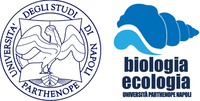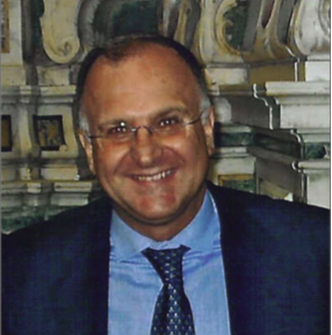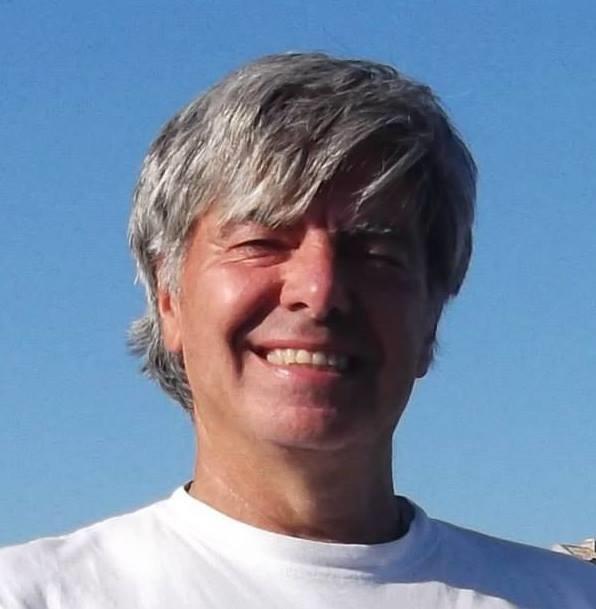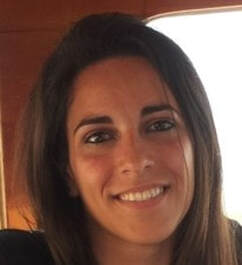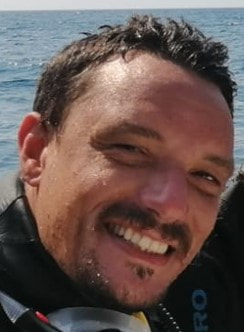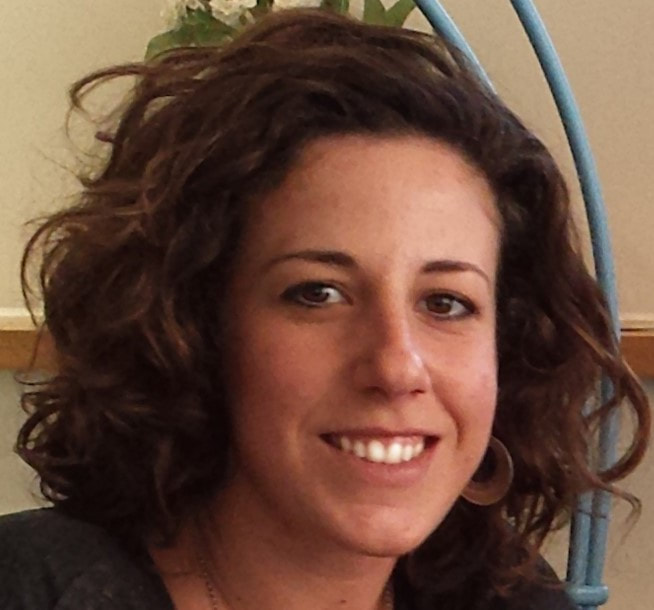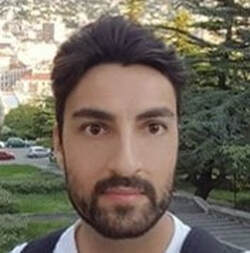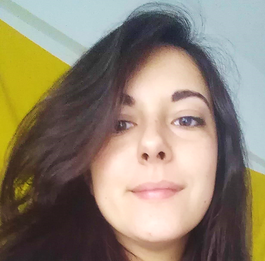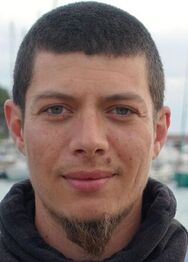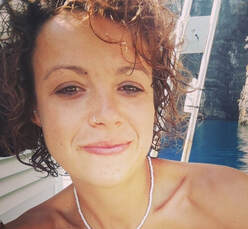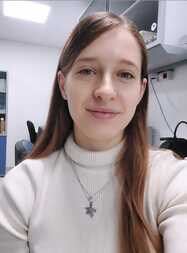|
Giovanni Fulvio Russo
President of the Italian Society of Marine Biology since 2016. Full professor of Ecology, teaching Fundamentals of Ecology, Marine Ecology and Biological Conservation. Member of the international PhD in ‘Environment, resources and sustainable development'. Degree in Biological Sciences at the University of Naples ‘Federico II’ (1979). Research work at Zoological Station ‘Anton Dohrn’ of Naples (1980- 1998), University of Catania (1998-2001) and then at Parthenope University. His main field of interest concerns marine benthic communities, with special regard to molluscs. In this frame, he was co-author of the CIESM Atlas of exotic species in the Mediterranean, Vol. 3, Molluscs (2003). Responsible of several research projects on coastal marine environments and on sustainable development in Marine Protected Areas, also through energetic and multi criteria analysis for the environmental accounting. Author or co-author of over 260 scientific papers and educational books. |
|
Roberto Sandulli
He is Full Professor in Zoology. He is Peer Reviewer of several International Journals amongst which: Marine Pollution Bulletin; Marine Biology; Marine Ecology Progress Series; Estuarine Coastal and Shelf Science; Ecological Indicators; Aquatic Conservation: Marine and Freshwater Ecosystems; Hydrobiologia; Diversity; Mediterranean Marine Science; European Zoological Journal. He shares joint research programmes with University of Gent (Belgium), Marine Laboratory of Aberdeen (UK), Department of Biology of Columbia University, Biology Department of Jacksonville State University (USA), Plymouth Marine Laboratory (UK), Stazione Zoologica “A. Dohrn” Naples, IFREMER, Brest (F), and several Italian Universities and Research Centers. He is reference lecturer of UNESCO. Since January 2019 he is member of the Directive Committee of Italian Society of Marine Biology (SIBM). He is author of over 200 scientific publications concerning marine biology, ecology of marine meiobenthos, pollution effects on benthic communities, marine biodiversity, allochthonous species invasion, spatial microdistribution of meiofauna, bioconstructions, red coral distribution, and seagrass reimplantation. |
|
Luigia Donnarumma
Since July 2019, Luigia Donnarumma is researcher in Zoology, at the Department of Sciences and Technologies of the University of Naples "Parthenope". She graduated in Natural Sciences at the University of Naples "Federico II", achieving a master degree focused on the effects of water acidification on calcifying epiphytes of Posidonia oceanica (L.) Delile. She obtained her Ph.D. (Doctor Europaeus) in Marine Biology at "Parthenope" University of Naples, concerning morpho-functional and ecological aspects of gregarious sessile molluscs (Gastropoda: Vermetidae). As a visiting researcher, she conducted research at the University of Alicante (Departamento de Ciencias del Mar y Biologìa Aplicada, Spain) on vagile fauna associated with vermetid bioconstructions, at Saint Francis Xavier University (Antigonish, Canada) on the effects of environmental stress on intertidal mussels as ecosystem engineers, and at the IFREMER (Institut Français de Recherche pour l'Exploitation de la Mer, Center de Brest, France), for taxonomic and ecological studies on the benthic community of hydrothermal areas of the Mid-Atlantic Ridge. Since 2015 she is a collaborator of CoNISMa - Local Research Unit "Parthenope" University. |
|
Luca Appolloni
He attained the Ph.D. in Marine, Climate and Earth Sciences on 2016. In order to map and protect marine habitats, during his Ph.D., he studied the Geographical Information Systems, and heuristic algorithms at the Queensland University. He performed a MPAs network in the Gulf of Naples that was submitted to the Italian government in order to re-shape the actual MPAs zonations. In the last year he dedicated part of his research to develop the concept of Systematic Costs Assessment that, linked to the Systematic Conservation Planning, allows to assess anthropic costs that should be taken into account in order to minimize human hostility about conservation actions maximizing reserves efficiency. Since 2016 he is a post-doc researcher at the Parthenope University and his scientific activity is focused: i) on the assessment of ecological patterns, at the assemblage and landscape levels, through complex statistical analyses, and ii) on the maritime spatial planning in a systematic/holistic point of view. He also is member of many national, as the Antarctic expeditions, and international projects collaborating with the French IFREMER institution. |
|
Federica Ferrigno
is a post-doc in marine biology and ecology at the University of Naples. She obtained in 2017 a PhD in “Scienze Applicate al Mare, all’Ambiente e al Territorio”, working on the ecology and biology of hard-bottom habitats. In 2014, she improved and applied an index for monitoring the health condition of coral reefs at Coral Eye Research Centre - Bangka Island, Indonesia. From 2013 to 2014 she participated at the OTTIMA Training Course (TESSA) - Operational Oceanography and Information Technologies for Maritime Safety, with CMCC and IAMC–CNR, and internships at the International Marine Center (IMC - Oristano) for identification of populations and species of hard bottoms. In 2012 she obtained the Master degree in Marine Biology at the University of Naples Federico with vote: 110/110 cum laude Here she studied the spatial and temporal distribution of key benthic Polychaeta species, related to Ocean Acidification. Her main research topic concerns the ROV image analysis and benthic taxa identification, aimed at the characterization of coralligenous bioconstructions and evaluation of anthropic pressure, such as fishing and litter, using and developing environmental quality indices. |
|
Francesco Rendina
Francesco Rendina has been working on marine botany at the University of Parthenope since 2016, collaborating with several national and international research institutes. In January 2020, he obtained the International PhD in “Environment, Resources and Sustainable Development” with a thesis on the biodiversity, ecology and conservation of Mediterranean rhodolith beds and the effects of climate change on red coralline algae. He graduated in 2013 in "Natural Sciences" at the University of Naples Federico II, and then in 2016 he specialized in "Marine Biology" at the University of Bologna Alma Mater Studiorum, with a thesis about the adaptation to temperature rise in several tropical sea urchin species carried out at the Smithsonian Tropical Research Institute of Panama. Within the “COST Action CA-15121 program” for the marine conservation in European seas, he worked at the Institute of Marine Science of the University of Portsmouth (UK), studying the physiological response of calcareous red algae to extreme temperature events due to climate change. |
|
Adele Cocozza di Montanara
In 2019 she obtained the Master degree (110/110) in Marine Biology at the Polytechnic University of Ancona. Her thesis dealt with the impact of contaminants in the Site of National Interest Bagnoli-Coroglio on meiofauna, with a special focus on nematode’s heavy metals biomagnification and bioaccumulation, investigated by SEM microanalysis. In 2015, she obtained her Bachelor degree in Biological Sciences at Parthenope University with a final thesis about the effectiveness of the MPA “Parco Sommerso di Gaiola” using the visual census technique on ichthyofauna. After having acquired field experience in macrofauna sampling with several practical courses, she decided to focus on meiobenthos and applied to the PhD programme. The aim of her research project is to study meiofauna community associated to vegetated coastal ecosystems necromass, the deep material fate and the role of meiofauna in this ecological asset. An additional task of this project is to create a protocol which could allow scientific community to employ these populations in environmental studies worldwide and to evaluate and include meiofauna in environmental accounting assessments. |
|
Domenico Ciorciaro
His research focus on the identification and characterization of the commercial species habitats in order to develop a spatial co-adaptative management for the long-term sustainability of fisheries resources. His main research interests are related to the trophic dynamics, spatial distributions, and assessment of the pelagic and demersal fish stock, as well as to sonar technology for the quantification of underwater physical and biological components. In 2010 he earned a master's degree in environmental marine biology at the University of Trieste where he spent 3 years at the laboratory of fisheries ecology working on clams population assessment in the north Adriatic sea. From 2013 he has been working as a free-lance researcher collaborating with different Institutes involved in fisheries resources assessment, especially in GSA 10. In particular, his activities have focused on the analysis of gears, catches and by-catch of artisanal fisheries, purse seining for small pelagic fish, and longliners for swordfish and tuna-like species. His has also 3 years of experience as regional fisheries observer. |
|
Rosalia Calicchio
is a Ph.D. student in “Environment, Resources and Sustainable Development”. In 2017, she graduated in Marine Biology at the University Polytechnic of Marche (Ancona) cum laude, with a thesis entitled "Coralligenous Bioconstructions off the Ionian Apulian coast". In 2014 she taked Bachelor’s degree in Biological Sciences at the Sapienza University of Rome with a thesis on "Application of mitochondrial DNA in the identification of fish stocks, the case of Engraulis encrasicolus". Since 2018, she has been collaborating with the University Parthenope of Naples on various projects such as Posidonia oceanica, Cystoseira and the Coralligenous environments, and has therefore decided to specialise in the latter.Her research focuses on the study and monitoring of coralligenous habitats in Cilento MPAs, with the aim of providing a scientific contribution to the monitoring methods used, developing a new biotic index linking biological features and anthropic pressures on the bioconstructions |
|
Maria Luisa Pica
is a PhD student in “Environment, Resources and Sustainable Development” at the University of Naples Parthenope. Her PhD project focuses on the mapping of deep-sea marine habitats on seamounts and circalittoral and bathyal rocky outcrops, in order to assess their extension, state of health and vulnerability, in the perspective of future large-scale interventions of restoration and protection of these ecosystems. In 2023 she graduated with honours in the master’s degree course “Marine Biology and Ecology of the Marine Environment and Sustainable Use of Marine Resources” at the University of Naples Federico II. Her thesis project focused on the study of structural and functional ecological traits in individuals of the brown macroalga Gongolaria barbata grown in a transitional water basin (i.e., the Venice Lagoon). She carried out biochemical and fluorescence emission analyses to assess their healthiness and test for differences between individuals of diverse age discriminated by thallus length. In 2020 she obtained her bachelor's degree in biological sciences at the University of Bari Aldo Moro, with a final thesis on the diffusion of the invasive species Callinectes sapidus in the Mediterranean Sea. |
